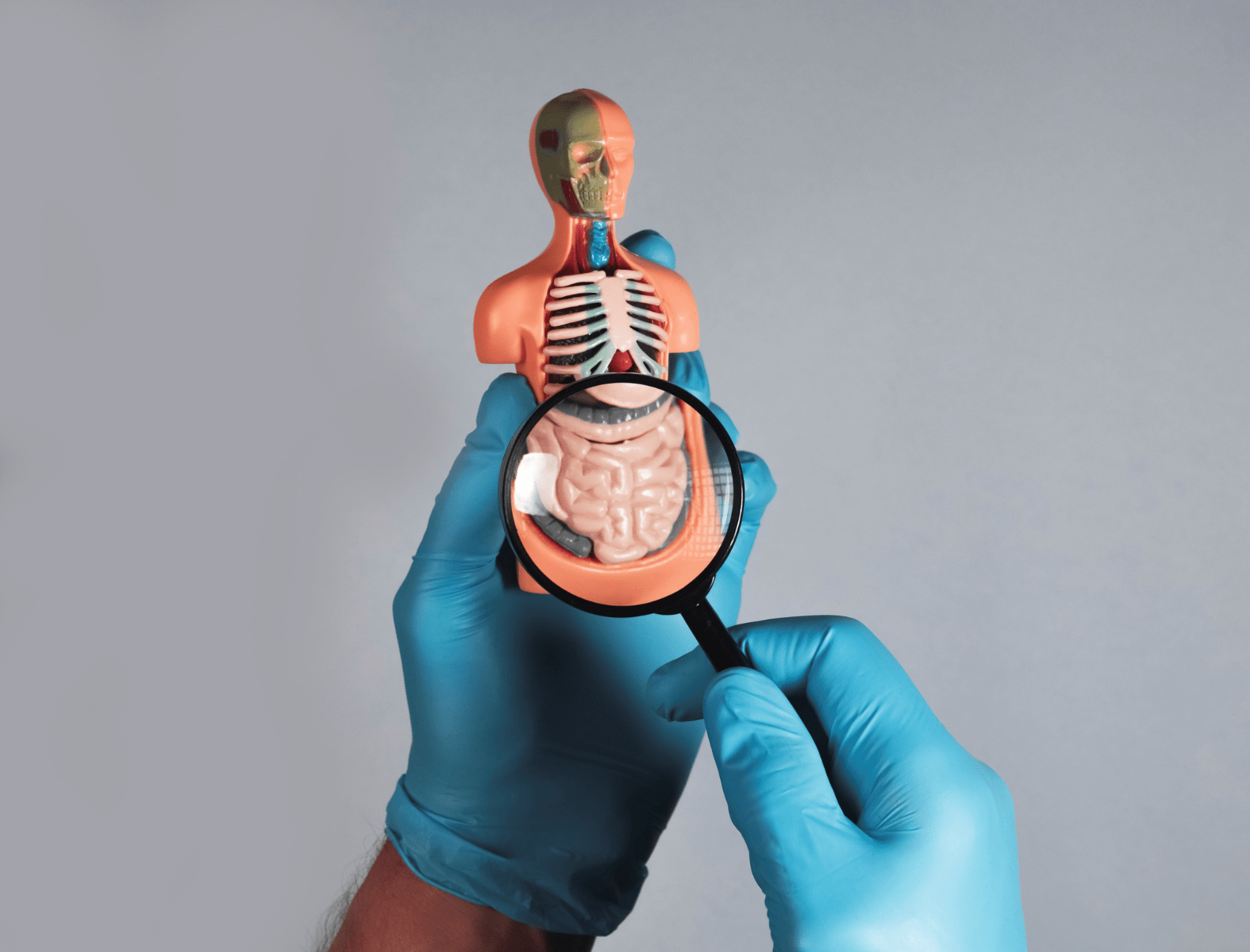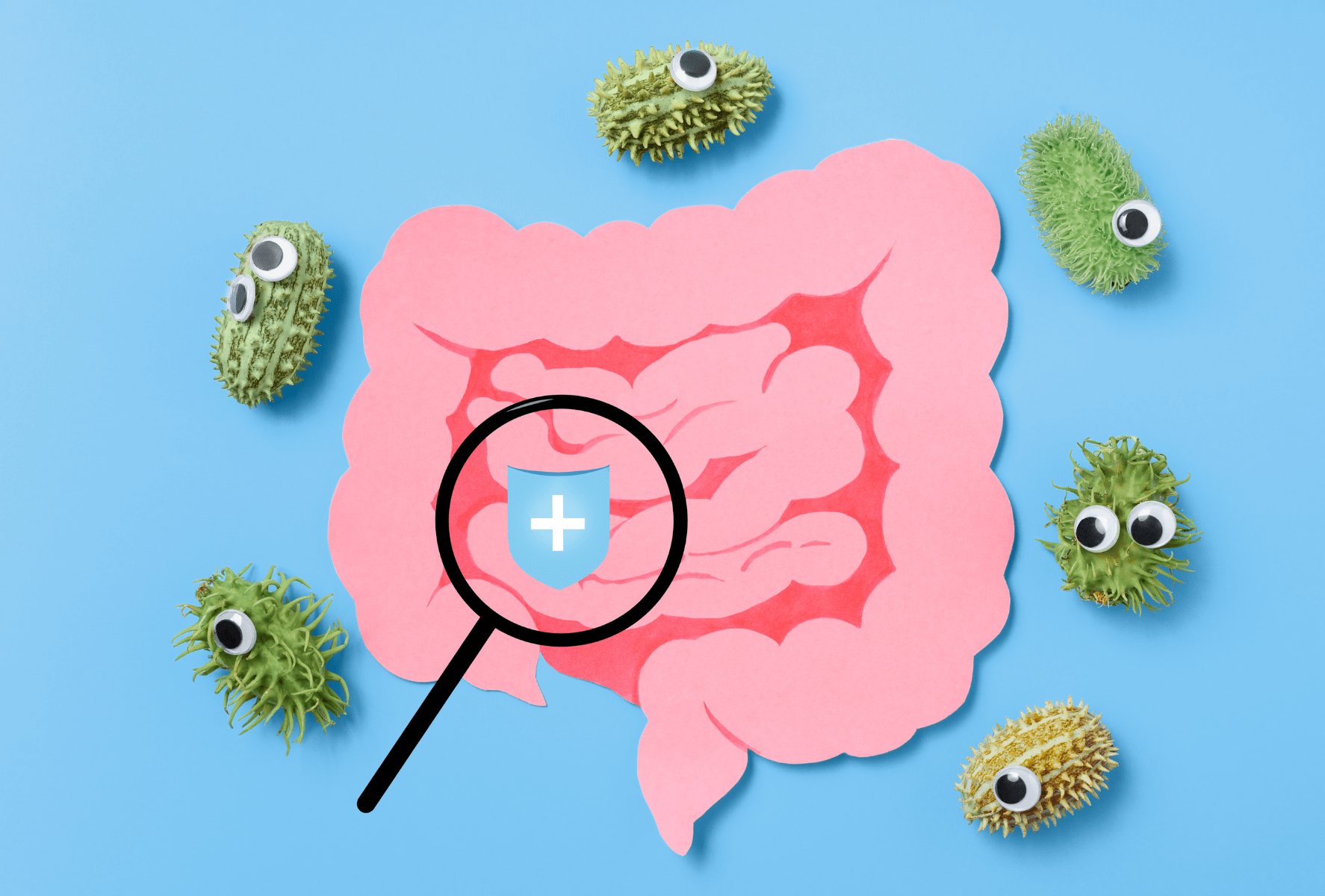
Soothing Gastrointestinal Infections Naturally: Effective Remedies
Gastrointestinal infections, those unpleasant bouts often known as “stomach bugs” or “tummy troubles,” can make life distinctly uncomfortable. Viruses, bacteria, or parasites are usually the culprits behind these uninvited visitors, unleashing symptoms like diarrhea, vomiting, belly aches, and nausea. Although most of these unwelcome infections pack their bags and leave relatively swiftly, the discomfort they bring can be both physically and mentally draining. In these trying moments, natural remedies step in as gentle yet effective heroes, offering relief and supporting the body’s healing efforts.
Understanding Gastrointestinal Infections
Gastrointestinal infections are commonly the result of consuming contaminated food or water. They can also hitch a ride through close contact with an infected individual. These infections are more widespread than you might think, making an appearance in the lives of millions every year. Even though most cases pack their bags and vacate the premises without the need for medical intervention, managing those symptoms effectively is vital to prevent any unwanted complications. While these infections are not often life-threatening, they can be highly unpleasant. They can turn a pleasant day into one with a constant urge to rush to the bathroom, painful stomach cramps, and perhaps an uncomfortable conversation with your porcelain friend. The good news is that a stomach bug usually passes in a few days. The bad news is that there is no magic cure. Instead, treatment focuses on managing symptoms and preventing complications like dehydration. For some people, especially the elderly, young children, and those with weakened immune systems, a stomach bug can be more than just a few days of discomfort. It can lead to hospitalization, severe dehydration, and complications. For this reason, it’s crucial to understand how to manage these infections and when to seek medical help
When the usual discomfort-relief measures don’t work, or symptoms worsen, a healthcare provider’s advice should be sought. Additionally, if you or someone you’re caring for falls into the high-risk category, it’s a good idea to consult with a medical professional.
Here’s where natural remedies come into play. They can provide relief from symptoms, aid the healing process, and help you get back to your everyday life sooner. Plus, they are often easy to use and can be found in your kitchen or local grocery store. From the magic of ginger to the wonders of mint, these natural remedies can be your allies in the fight against stomach bugs. So, let’s explore these gentle yet effective warriors that can make your life a bit more comfortable during the battle with gastrointestinal infections.
The Power of Natural Remedies
While medical treatment is necessary in severe cases of gastrointestinal infections, many mild cases can be managed effectively with natural remedies. These gentle yet potent options can help alleviate symptoms, aid the healing process, and restore your overall well-being. Let’s explore some of the most soothing and effective choices, expanding on how they work and how to use them:
- Hydration is Key: Gastrointestinal infections can quickly lead to dehydration due to the loss of fluids through vomiting and diarrhea. Proper rehydration is essential in such cases. Sip on clear fluids like water, herbal teas, or clear broths to prevent dehydration. These liquids not only keep you hydrated but also help flush toxins from your body.
- Ginger’s Magic: Ginger has long been celebrated for its remarkable ability to ease nausea and vomiting, making it a go-to remedy for stomach discomfort. You can prepare ginger tea by steeping fresh ginger slices in hot water or opt for ginger chews or candies. These can help combat symptoms and provide a soothing sensation to your stomach.
- Bananas and Rice: The BRAT diet, which stands for Bananas, Rice, Applesauce, and Toast, is a well-known choice for individuals dealing with gastrointestinal issues. These bland, starchy foods can help bind stool and reduce irritation in the gut. Bananas are a good source of potassium, which can be depleted during diarrhea. Rice provides easily digestible carbohydrates, and applesauce can add a touch of flavor. Toast can help bulk up your stool.
- Probiotics for Balance: Probiotic-rich foods like yogurt or kefir contain beneficial bacteria that support the restoration of the gut’s natural balance. These friendly bacteria can aid recovery, reduce digestive discomfort, and enhance your overall well-being. Integrating these foods into your diet can be especially beneficial in the recovery phase of a gastrointestinal infection.
- Mint and Peppermint: Peppermint, renowned for its soothing properties, can be a valuable ally in managing gastrointestinal symptoms. Peppermint tea or peppermint oil, when used with care, can alleviate symptoms of indigestion, bloating, and abdominal pain. Its cooling effect can help soothe discomfort and improve overall digestive health.
- Chamomile Comfort: Chamomile tea is celebrated for its anti-inflammatory properties and soothing effects on the gastrointestinal tract. It can help reduce inflammation and irritation, making it an excellent choice for individuals with digestive issues. Enjoy a cup of chamomile tea to ease symptoms and promote comfort.
- Activated Charcoal: Activated charcoal is known for its ability to bind toxins and gas in the digestive system. This can help alleviate bloating and discomfort associated with gastrointestinal infections. It’s crucial to use activated charcoal with caution and consult with a healthcare provider regarding its suitability and dosage.
- Honey’s Healing Touch: Honey, particularly manuka honey, is renowned for its antibacterial properties and can be soothing to a sore throat or an irritated stomach lining. Its ability to combat harmful bacteria makes it an invaluable ally in the fight against infections. A spoonful of honey or a warm honey drink can provide relief and promote healing.
- Rest and Relaxation: Adequate rest is crucial for the body to focus its energy on healing. When dealing with gastrointestinal infections, it’s essential to give your body the time it needs to recover. Rest allows your immune system to work efficiently and aids in the healing process. Ensure you are well-rested and avoid strenuous activities while you’re on the path to recovery.
These natural remedies can be your allies during the challenging battle with gastrointestinal infections, offering relief, support, and a more comfortable path to recovery.
Preventing Gastrointestinal Infections
While the aforementioned remedies can be incredibly beneficial in managing gastrointestinal infections, the old saying, “an ounce of prevention is worth a pound of cure,” holds true. It’s often better to avoid getting sick in the first place. Here are some simple yet effective preventative measures:
- Practice Good Hygiene: Wash your hands frequently, using soap and water for at least 20 seconds, especially before eating, after using the restroom, and after being in public places. Good hand hygiene is your first line of defense against harmful microbes.
- Safe Food Handling: Proper food handling and cooking are vital. Ensure that your food is cooked thoroughly, and avoid cross-contamination between raw and cooked foods. When dining out, choose reputable eateries with a clean and safe food-handling track record.
- Safe Water Sources: When it comes to drinking water, ensure you have access to clean and safe sources. When traveling to regions where water quality is questionable, consider drinking bottled water or using water purification methods.
- Vaccinations: Some gastrointestinal infections, like rotavirus, can be prevented through vaccination. If you’re in an area prone to such infections or are traveling to one, consider consulting a healthcare provider regarding recommended vaccinations.
By following these preventative measures, you can significantly reduce your risk of contracting gastrointestinal infections and enjoy better health and peace of mind.
Caution and Seeking Medical Help
While natural remedies can be effective in managing mild cases of gastrointestinal infections, it’s essential to recognize the limitations and the importance of seeking medical assistance in certain situations.
If your symptoms worsen, persist for an extended period, or if you notice alarming signs like severe dehydration, high fever, bloody stool, or difficulty in swallowing, it’s imperative to consult with a healthcare professional. These symptoms may indicate a more severe underlying condition or complications that require medical evaluation and treatment.
Additionally, specific groups of people, such as infants, the elderly, pregnant women, or those with weakened immune systems, are at higher risk of severe complications due to gastrointestinal infections. For these individuals, seeking immediate medical advice is strongly recommended.
Remember that natural remedies can complement medical care but should not replace it when it comes to severe or persistent gastrointestinal infections. The guidance of a healthcare provider is essential for accurate diagnosis, appropriate treatment, and ensuring your health and well-being are safeguarded.
Conclusion
In summary, gastrointestinal infections can be quite uncomfortable, but with the aid of natural remedies and proper self-care, their symptoms can be effectively managed. However, it’s important to reiterate that in cases of severe or persistent infections, it’s crucial to seek medical attention to rule out more serious underlying issues and to receive the necessary treatment. As always, it’s wise to remember that prevention is indeed better than cure. By diligently practicing good hygiene, adopting safe food-handling practices, and considering relevant vaccinations, you can significantly reduce the risk of these infections and enjoy a healthier, happier life.

References:
- 8 Natural remedies for stomach ache. (n.d.). Gastrointestinal Specialists. https://metrodetroitgastro.com/news/8-natural-remedies-for-stomach-ache
- 10 Home Remedies For Gastroenteritis (Stomach Flu) + Prevention Tips. (2023, October 12). STYLECRAZE. https://www.stylecraze.com/articles/effective-home-remedies-for-gastroenteritis/
- Binu, S. (2022, December 21). 5 Best Natural Remedies To Treat Stomach Flu, This Monsoon Season. Netmeds. https://www.netmeds.com/health-library/post/5-best-natural-remedies-to-treat-stomach-flu-this-monsoon-season
- adman, B. (2023, August 10). 9 natural remedies for gastritis. https://www.medicalnewstoday.com/articles/321138
- Facoep, J. P. C. D. (2022, March 24). 13 Stomach Flu Natural & Home Remedies: Symptoms, Foods to avoid. MedicineNet. https://www.medicinenet.com/stomach_flu_natural_and_home_remedies/article.htm
- Gardner, A. (2023, August 12). Home remedies for diarrhea. Health. https://www.health.com/condition/digestive-health/diarrhea-home-remedies
- Gas-O-Fast. (2023, October 16). Home Remedies for Stomach Infection. University Health New Daily. https://www.gasofast.com/articles/Home-Remedies-for-Stomach-Infection
- Healthdirect Australia. (n.d.). Bowel infections. https://www.healthdirect.gov.au/bowel-infectionsHelpful and natural ways to soothe a tummy ache | Banner. (n.d.). https://www.bannerhealth.com/healthcareblog/better-me/natural-remedies-for-tummy-aches
- Huizen, J. (2023, March 27). 12 home remedies for stomach pain. https://www.medicalnewstoday.com/articles/322047
- Ingle, J., & Ingle, J. (2023). Home remedies for stomach infection - By Dr. Jayant Ingle | Lybrate. Lybrate. https://www.lybrate.com/topic/home-remedies-for-stomach-infection/d5452365820ce0661bb3d7817dc3ee0b
- Reis, M., & Reis, M. (2023). 8 Home remedies for intestinal & stomach infection. Tua Saúde. https://www.tuasaude.com/en/home-remedies-for-intestinal-infections/
- Vardan. (2023, September 17). 5 Amazing Home Remedies For Stomach Infection - PSRI Hospital. PSRI. https://psrihospital.com/amazing-home-remedies-for-stomach-infection/
- Viral gastroenteritis (stomach flu) - Diagnosis & treatment - Mayo Clinic. (2022, January 18). Mayo Clinic. https://www.mayoclinic.org/diseases-conditions/viral-gastroenteritis/diagnosis-treatment/drc-20378852
